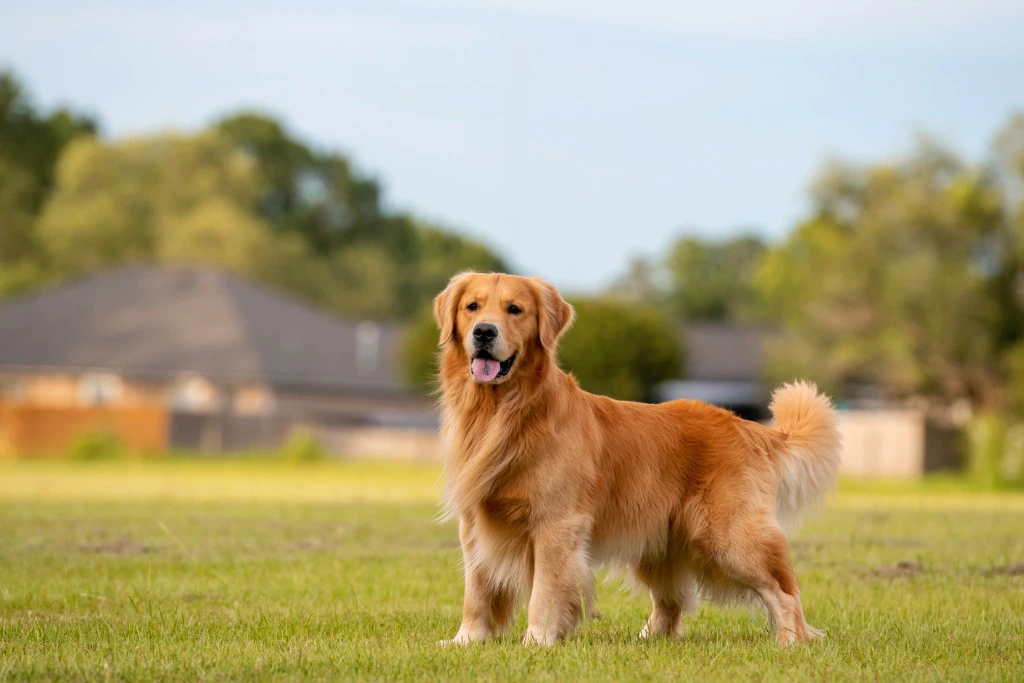When it comes to our furry friends, we always want to make sure we’re feeding them the right things. But what about onions and garlic? Can dogs eat onions or garlic? Are these ingredients safe for our canine companions? In this article, we will dive deep into the topic of dogs consuming onions or garlic, explore the potential risks of hemolytic anemia, and also discuss the importance of pet insurance in keeping our pets healthy and protected.
Can Dogs Eat Onions or Garlic?
Before we delve into the potential risks, let’s answer the burning question: Can dogs eat onions or garlic? The short answer is no, it is not safe for dogs to consume onions or garlic. These ingredients, particularly in large amounts, can be toxic to dogs and lead to serious health issues.
Both onions and garlic belong to the Allium family, which contains compounds that can cause damage to a dog’s red blood cells. When ingested, these compounds can lead to a condition called hemolytic anemia, which is characterized by the destruction of red blood cells and a decrease in oxygen-carrying capacity.
Why Are Onions and Garlic Harmful to Dogs?
Onions and garlic contain compounds called thiosulphates, which are responsible for their distinct aroma and taste. In humans, these compounds are metabolized and excreted without causing harm. However, dogs lack certain enzymes necessary to safely break down these compounds, making them susceptible to the toxic effects.
When a dog ingests onions or garlic, the thiosulphates are absorbed into the bloodstream and can cause oxidative damage to red blood cells. This can lead to the destruction of these cells and a decrease in oxygen transportation throughout the body. The severity of the condition depends on the amount ingested and the size of the dog.
Symptoms of Hemolytic Anemia in Dogs
Hemolytic anemia can have various symptoms, and it’s essential to recognize them early to seek proper veterinary care. Some common signs of hemolytic anemia in dogs include:
- Pale gums
- Lethargy and weakness
- Rapid breathing or panting
- Increased heart rate
- Dark or orange urine
- Loss of appetite
- Vomiting and diarrhea
If you suspect that your dog has ingested onions or garlic and is displaying any of these symptoms, it is crucial to contact your veterinarian immediately. Prompt treatment can greatly improve the chances of a positive outcome.
The Importance of Pet Insurance
Now that we understand the potential risks associated with dogs consuming onions or garlic, let’s shift our focus to the importance of pet insurance. Pet insurance provides financial protection in case of unexpected medical expenses for our furry companions. It ensures that we can provide the necessary veterinary care without the added burden of exorbitant costs.
Benefits of Pet Insurance
Having pet insurance offers several benefits, including:
- Financial Peace of Mind: Pet insurance allows you to plan for unexpected veterinary expenses and provides coverage for a range of treatments, surgeries, and medications.
- Comprehensive Coverage: Depending on the policy, pet insurance can cover accidents, illnesses, hereditary conditions, and even preventive care such as vaccinations and routine check-ups.
- Choice of Veterinarian: With pet insurance, you have the freedom to choose the veterinarian you trust, ensuring that your pet receives the best possible care.
- Focus on Care, Not Finances: By having pet insurance, you can focus on providing the necessary care for your pet without the added stress of worrying about the cost of treatments.
- Peace of Mind: Knowing that you have pet insurance gives you peace of mind, knowing that you can make informed decisions about your pet’s health based on their needs, rather than financial constraints.
Selecting the Right Pet Insurance
When choosing pet insurance, it’s important to consider the following factors:
- Coverage Options: Evaluate the different plans available and ensure they cover the specific needs of your pet, including hereditary conditions and chronic illnesses.
- Deductibles and Reimbursement: Understand the deductible options and reimbursement percentages offered by the insurance provider. Choose a plan that suits your budget and preferences.
- Waiting Periods: Be aware of any waiting periods for coverage to become effective. Some policies may have waiting periods for certain conditions or procedures.
- Exclusions and Limitations: Review the policy’s exclusions and limitations to ensure you understand what is covered and what is not.
- Customer Reviews and Reputation: Research the insurance provider’s reputation, read customer reviews, and consider their track record of customer satisfaction and timely claim processing.
Remember, pet insurance is an investment in your pet’s well-being, providing peace of mind and financial protection.
FAQs about Dogs Eating Onions or Garlic and Hemolytic Anemia
Q: Can a small amount of onions or garlic be safe for dogs?
A: No, even small amounts of onions or garlic can pose a risk to dogs and potentially lead to hemolytic anemia. It’s best to avoid feeding them any quantity.
Q: What should I do if my dog accidentally consumes onions or garlic?
A: Contact your veterinarian immediately, even if your dog consumed only a small amount. The veterinarian will be able to guide you on the appropriate steps to take.
Q: Can cooked onions or garlic be given to dogs?
A: No, cooking does not eliminate the toxic compounds present in onions or garlic. Therefore, cooked forms should also be avoided.
Q: Are there any dog breeds more susceptible to the toxic effects of onions or garlic?
A: All dog breeds are susceptible to the toxic effects of onions or garlic. However, smaller dogs are generally at a higher risk due to their size.
Q: Is it safe to use onion or garlic powder in dog food?
A: It is best to avoid using onion or garlic powder in dog food, as these concentrated forms can still be harmful to dogs.
Q: How can I add flavor to my dog’s food without using onions or garlic?
A: There are many safe alternatives to add flavor to your dog’s food, such as using pet-safe herbs like parsley or basil. Always consult with your veterinarian for suitable options.
Conclusion
In conclusion, dogs should not consume onions or garlic due to the potential risks of hemolytic anemia. Even small amounts of these ingredients can be toxic to dogs, and prompt veterinary care is crucial if ingestion occurs. Additionally, investing in pet insurance offers financial protection and peace of mind, ensuring that you can provide the best possible care for your beloved companion. Remember, your dog’s health and well-being should always be a top priority.






